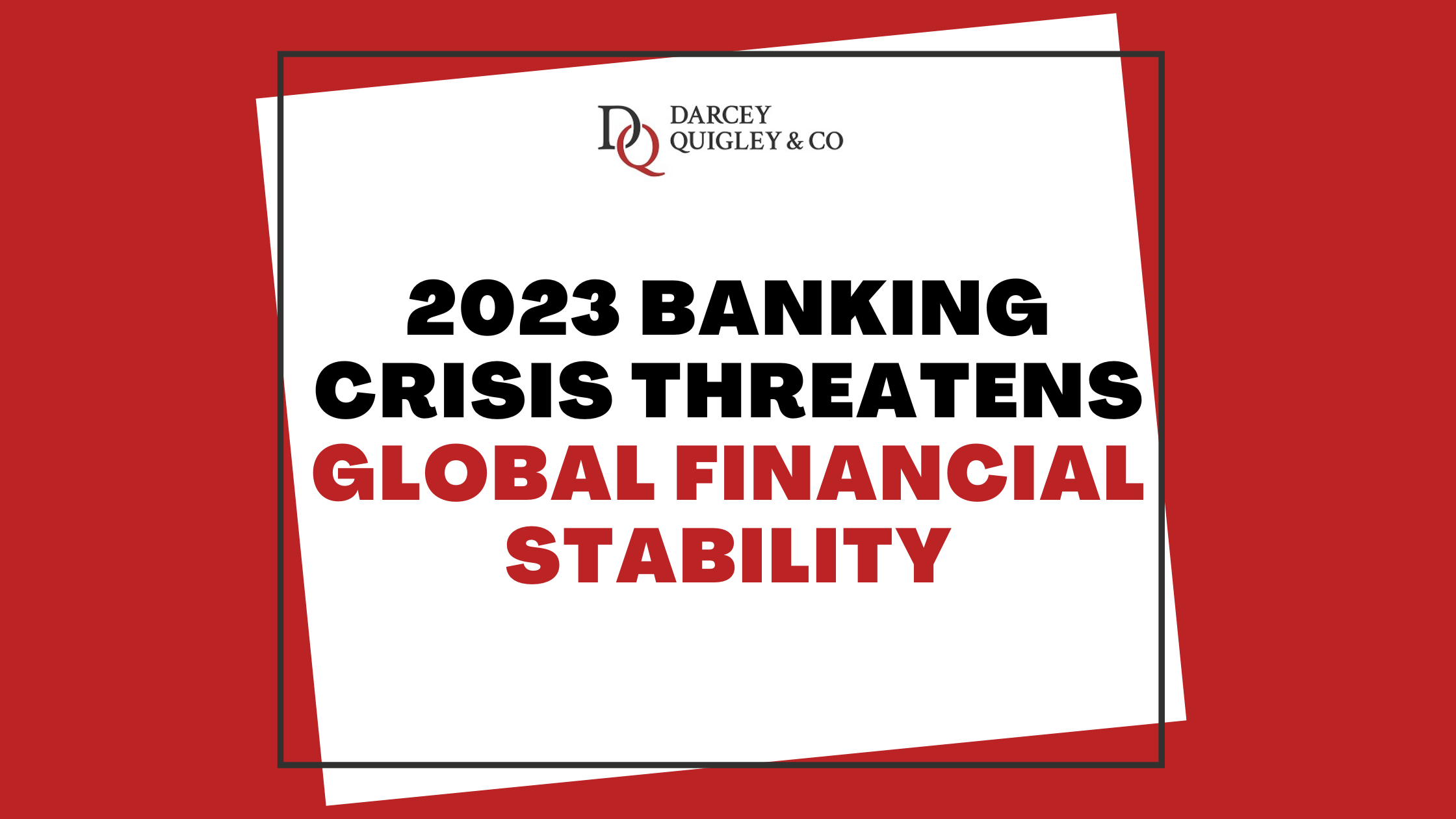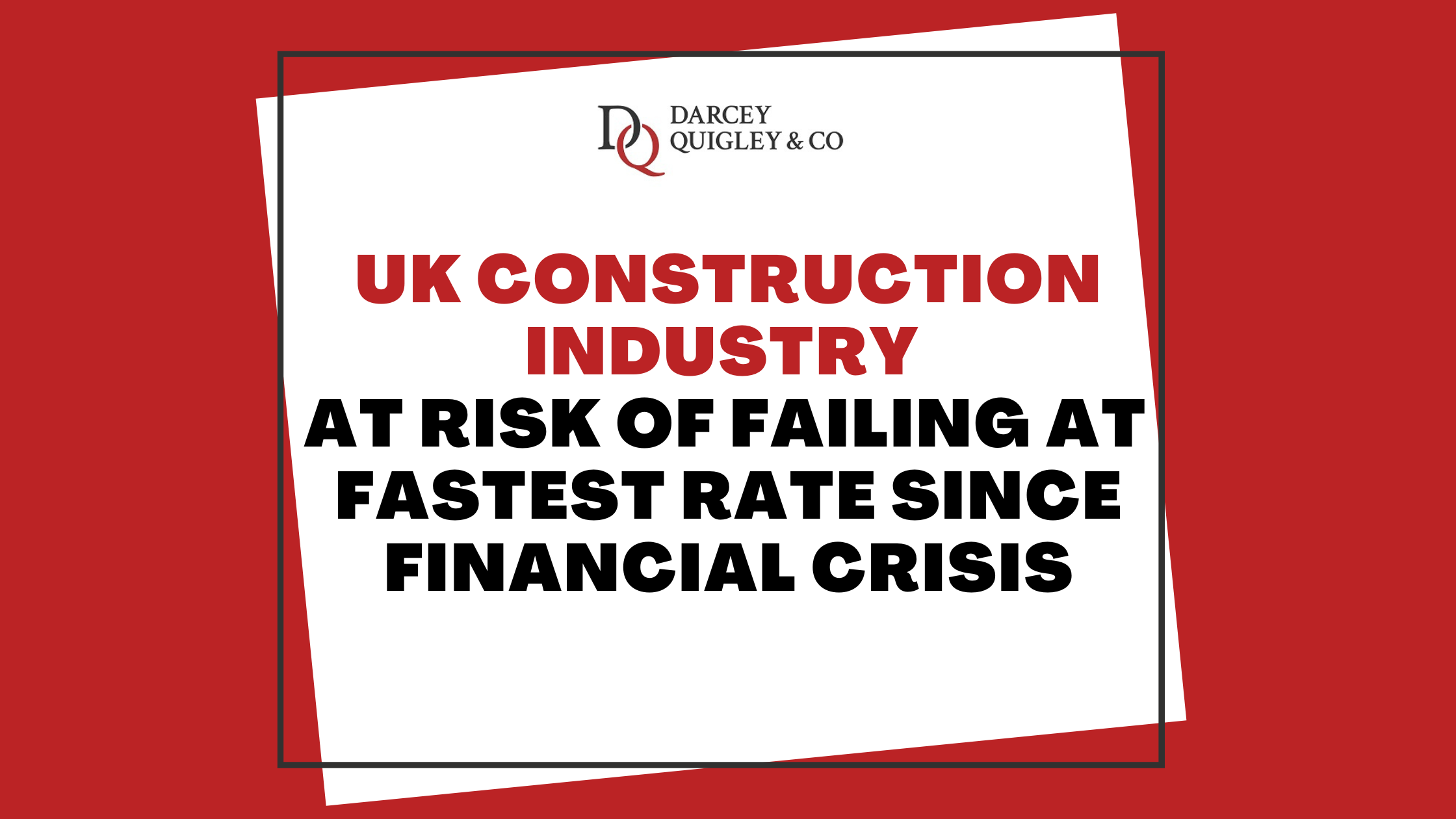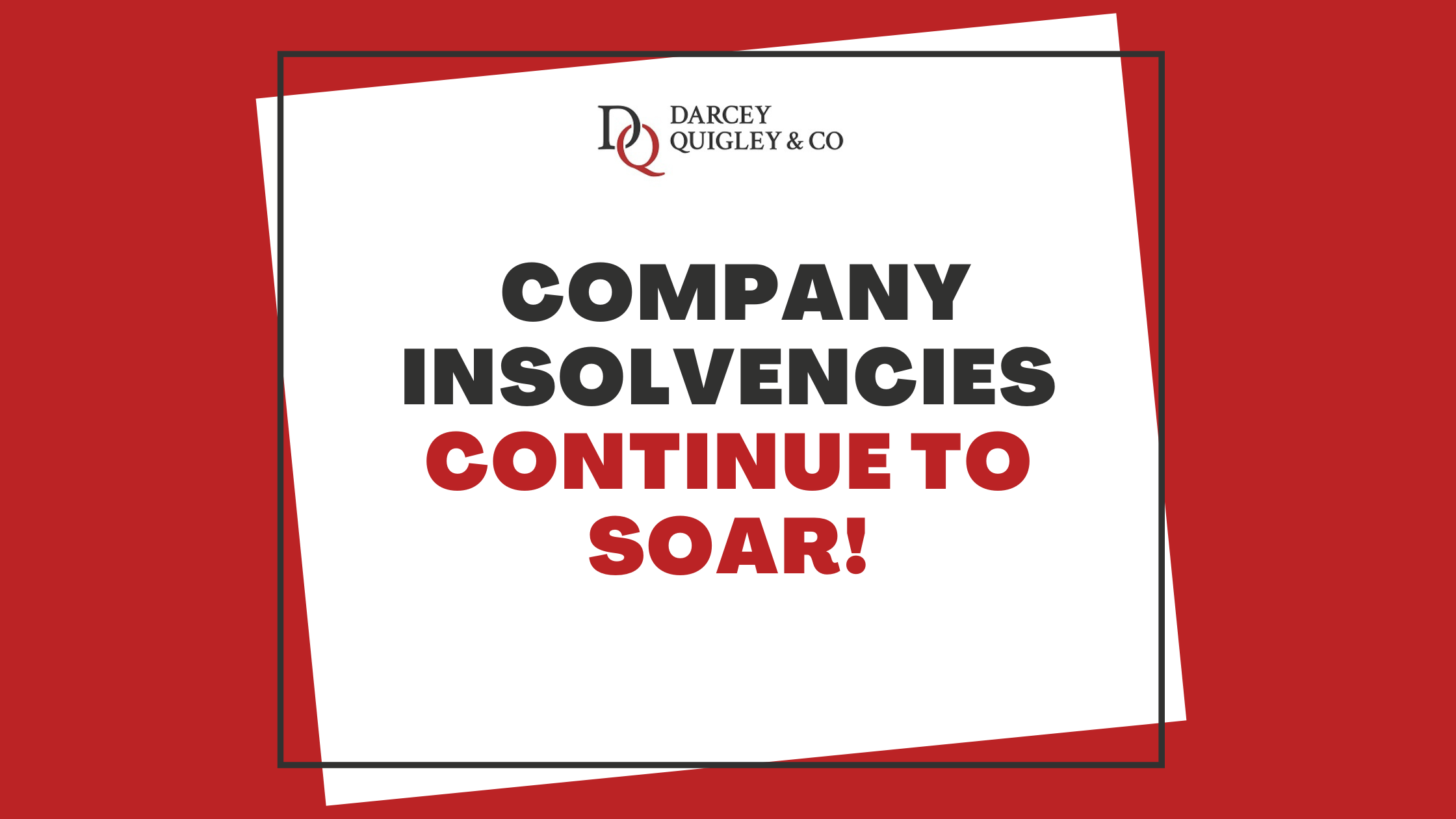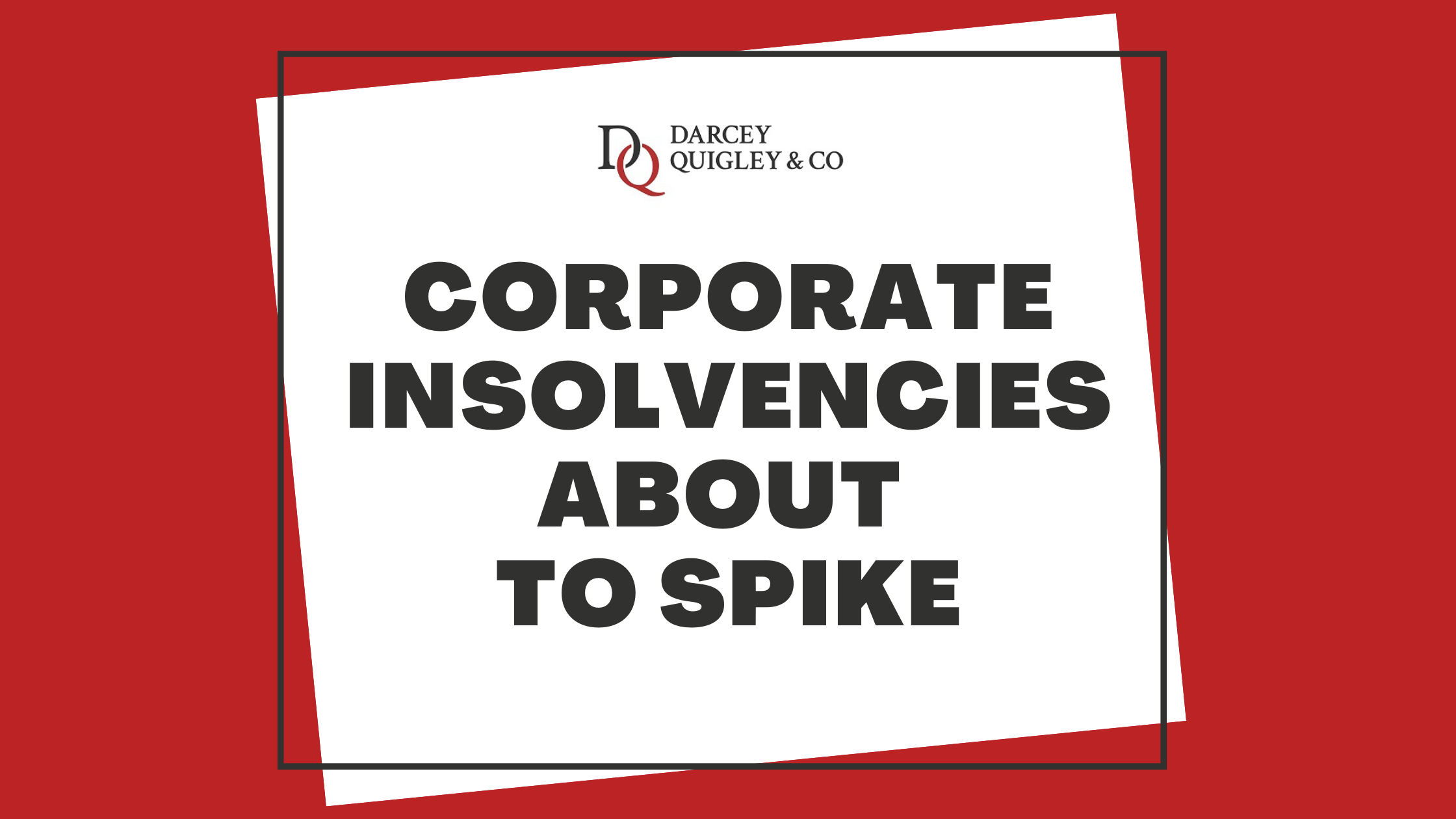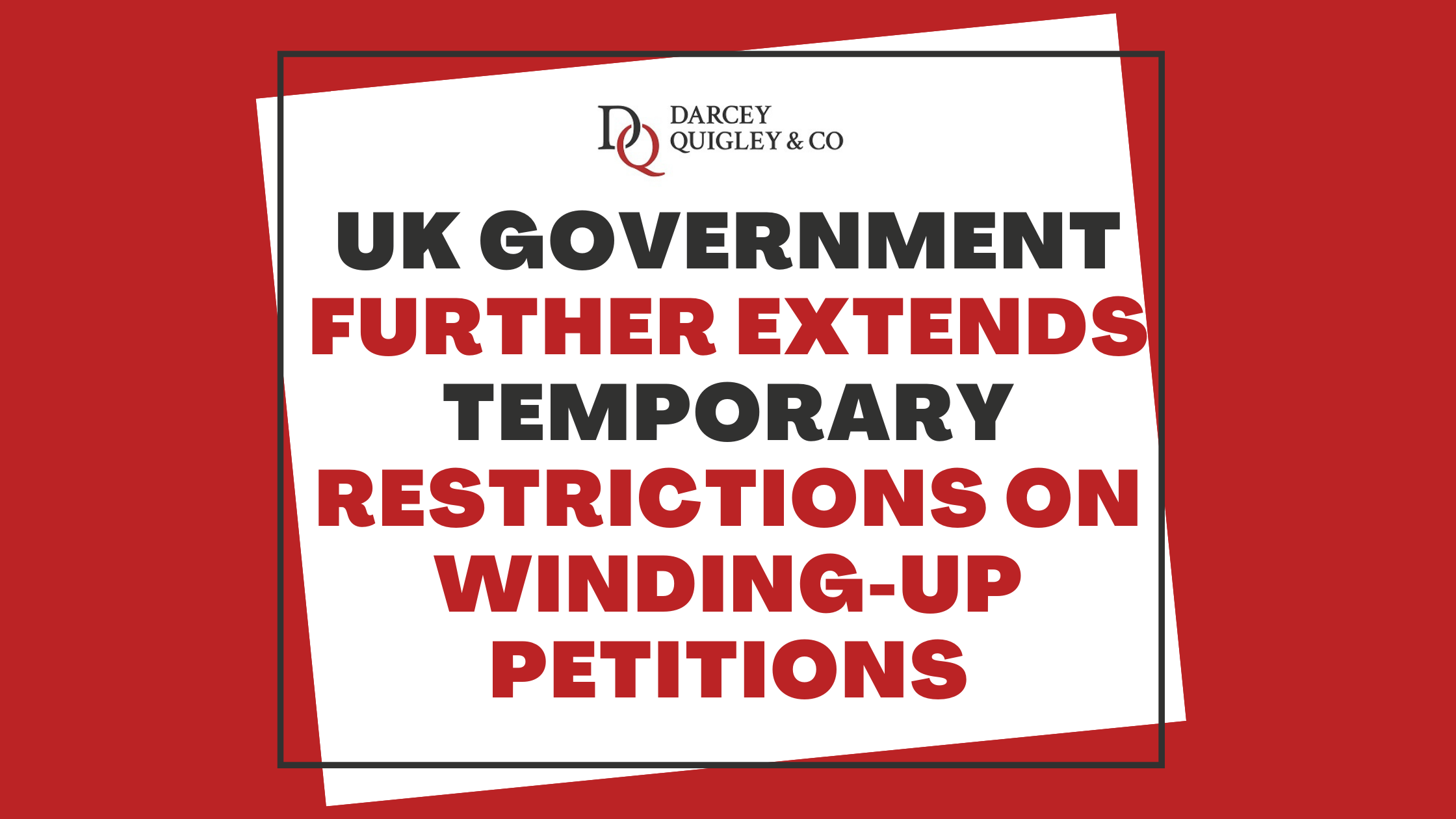How to use the law to deter late or non-payers
Missed invoice deadlines cost you money and can threaten your business.
The good news is, with a little know-how from Darcey Quigley, you can use the law to deter late payment and even have your costs covered.
This is thanks to the Late Payment of Commercial Debts (Interest) Act 1998 which entitles you to claim interest, compensation and reasonable costs when someone doesn’t pay.
Before we look at using it to deter late payment, let’s examine when the Act can be used and what it entitles you to do.
When can you claim?
If your customer hasn’t paid on time, you are entitled to claim money from them, providing:
- You supplied goods and services
- Your buyer bought for business purposes
- The contract is not a consumer credit agreement
- The contract does not contain any kind of provision for interest on overdue invoices or other solution for non-payment.
What can you claim?
Interest: You can claim interest at 8% above the Bank of England base rate from the date the invoice is due (at the end of the agreed credit window) to the point when it’s paid. You have up to six years to make that claim.
If there wasn’t an agreed credit window, interest is normally payable 30 days after the date of supply, the date the buyer was told the amount was due or when it has been confirmed the goods delivered fulfil the contract (which, in itself, can’t take more than 30 days).
Compensation: This can be claimed for every overdue invoice – you can even claim it if an invoice has now been paid, providing you’re still within the six-year window. You can claim the following:
| Invoice amount | Compensation |
| Up to £999.99 | £40/invoice |
| £1,000 – £9,999.99 | £70/invoice |
| More than £10,000.00 | £100/invoice |
Reasonable costs: The compensation is intended to cover your costs for recovering the debt but if these exceed the above figures, you can claim what hasn’t been covered. This could be the cost to your business of implementing credit control procedures and/or hiring a commercial debt recovery agency.
How to use the law as a deterrent with your customers
While the law doesn’t require you to tell customers you will claim late payment costs, making them aware you know the regulations and how to use them can act as a powerful deterrent.
This also makes sure customers, who may think you have relaxed payment terms, don’t get a nasty surprise.
To ensure you get the message across, include warnings on your invoices, statements and terms of business – and make sure these aren’t hidden in the small print. If you are speaking to new clients, it makes sense to highlight how you work.
Update your terms of business or you might not be able to claim
Be aware that, if your terms of business already provide for interest on overdue invoices, that will be all you can claim – not the late payment interest, compensation and costs you are entitled to under the Act.
To be able to claim on future contracts, you need to:
- Update all documents which include your terms and conditions
- Issue your customers with revised terms and conditions
- Let your customers know when these will be introduced
- Be able to prove when each customer has been told about the change to your terms and conditions
All current contracts will be governed by your previous terms and conditions.
How to claim
When an invoice is overdue, write to your customer highlighting:
- Which invoice is overdue
- How much is due in terms of interest, compensation and costs
- How they should make payment
You are not required to send an invoice or any other warning letters.
What happens if they refuse to pay?
If a customer is legitimately challenging an invoice, you are not entitled to compensation, interest or reasonable costs. However, if the customer admits part of the invoice is correct, the law expects them to have paid that part, even if there is a dispute about the rest. If they haven’t, you can claim on the amount they agree is correct.
Where an incorrect invoice is based on a calculation, such as time, and the customer has the information to be able to work out the correct amount, they are expected to pay what is actually owed. Once again, if they don’t pay, you can claim on the correct amount.
If your customer is not responding to you, why not give us a call?
We care about our clients’ businesses and will advise if the time is right for us to speak to your customer. Remember, our fee can sometimes be covered as part of the reasonable costs.
If you would like to know more about the Late Payment of Commercial Debts (Interest) Act, here are some useful links:
Changes to late payment legislation
Late commercial payments: charging interest and debt recovery (gov.uk)
Lynne is the Founder and CEO of Darcey Quigley & Co.
She is passionate and determined to help businesses get overdue invoices paid quickly.
Having worked within the credit management industry for over 27 years and ran UK leading commercial debt recovery specialists Darcey Quigley & Co for over 17 years, Lynne has helped businesses recover commercial debts from every continent across the globe.
Connect with me on LinkedIn!



